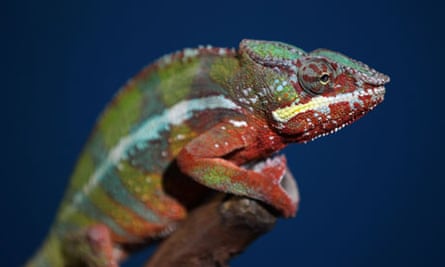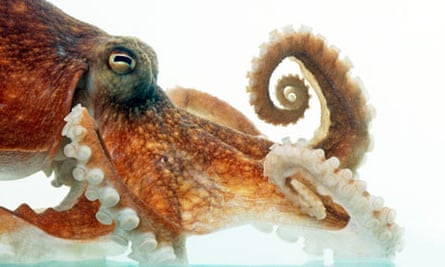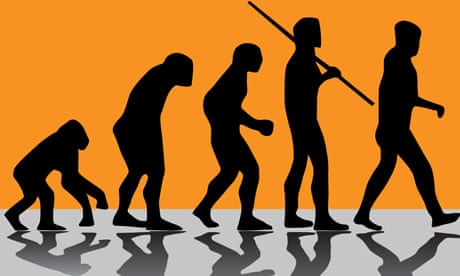There have been a number of speculations lately concerning the eventual form humankind will take, particularly with regards to the role technology plays in our lives and how this could reshape our physical and mental selves.
Susan Greenfield recently released her first novel 2121, set in some dystopian future where all her predictions about the perils of technology have come true. I've not read it because I've still got some rusty nails that haven't been shoved into the soles of my feet, but reviews have not been kind.
Providing a polar opposite view to Greenfield's scaremongering is The Transhumanist Reader; a new book that contains a collection of essays and philosophies on transhumanism, a movement that argues that enhancement of the human condition via technology is good, even essential, perhaps inevitable? I'll hopefully review it once I've finished it, but it's an interesting position.
There was also a Daily Mail piece about how humans will eventually evolve beaks. Because why not?
Evolution is obviously a complex process. But it's also a slow process. This means you can make claims about it and by the time it progresses to the point where you're proved right or wrong, you'll be long dead so it won't matter.
So, in order to not miss a potential bandwagon, what could humans end up being like if current cultural trends and features remain relatively constant over the next few million years? Here are some possibilities.
Colour-changing skin

Much like the chameleon, humans could eventually acquire the ability to consciously alter the colour of their skin. Maybe via chromatophores, or perhaps a more technical method will be found. Either way, there are numerous benefits that could lead to evolution making this the norm. Individuals who can change their skin colour would confuse prejudices based on race, which would be a depressingly useful advantage. In addition, the false tan/body whitening market is presently quite a profitable one. Many people aspire to change their default skin tone, so the ability to alter it at will would be highly sought after, resulting in more mating opportunities. The sometimes unsettling orange skin tones worn by some also suggest that the ability to change skin beyond the "natural" tones would be a positive. Being able to either visually blend in or stand out at will would be a potent advantage in modern society, one that evolutionary pressures could make more common.
Selective hearing

Humans already have the ability to direct their attention to specific things that they are hearing. This is known as "the cocktail party effect", named for the scenario where it is particularly noticeable. When at a cocktail party, surrounded by conversations, it is possible to "focus" on a specific conversation that catches your attention for whatever reason, despite there being several others going on and all reaching your ear. The human ear has no physical mechanism for this; it's all done in the brain. But over time, this ability could become more important and advantageous. Given how the internet and mainstream media has seemingly given every person the impression that they should air their opinion, no matter how ill informed, on any subject they wish, the ability to more effectively control the things you listen to will become beneficial. Rather than diverting attention to more relevant inputs, humans could develop the ability to actively "tune out" things they don't want to hear, like closing your eyes to block an unpleasant sight.
Granted, people will end up less informed overall, but they'll be less stressed and angry in general, resulting in health benefits, longer lives and more pleasant demeanours, and thus making mating more likely. And so, the genes are favoured and spread.
Tentacles

Computer technology is becoming more and more commonplace in our daily lives (in the west at least). The most typical means of interfacing with this technology is via keyboard or touchscreen. Our human hands are impressively dextrous and capable of numerous fine movements. But with the increasing need to use technical interfaces, our priorities are changing. Evolution could push us towards developing digits that are more flexible than at present, taking a form that retains precision but loses rigidity, to give us a wider range and speed when typing or touchscreening, but retaining physical characteristics that make touchscreen use feasible. Our fingers could end up more like tentacles, perhaps like those on a sea anemone.
Why stop at the fingers? Although there will be limited practical reasons to develop tentacles instead of limbs, a major factor in evolution is sexual selection. If Susan Greenfield is right and constant exposure to online porn is desensitising us to sexual stimuli, alternative methods of arousal may be required. With the rise of tentacle erotica, that may be one possible outcome.
Speaking of flexibility...
Flexible skeletons

Much like the shark and similar fish, human beings could evolve to have a lot more cartilage in their skeletons. An increasingly health-and-safety conscious world where people are prepared to sue for even the most trivial injury means the danger of forceful impact is reducing, and as such rigid and inflexible bones won't be as essential to humans. It could also be argued that ergonomics is more of a concern than ever. A more flexible skeleton would obviously be of benefit as a result, especially during the birthing process, but this will only be relevant if those with a cartilage skeleton are able to attract mates. This will be more likely if the increasing enthusiasm for dance groups and the like continues. Those with cartilaginous skeletons would be able to perform moves beyond those of their more rigid counterparts, ensuring a presence on numerous TV talent shows and a resulting wide choice of potential mates.
Wings

I once spoke with someone who said he didn't believe in evolution. When asked why, his main argument was that people don't have wings. While this is definitely the case, I asked how this relates to evolution. His response was that "evolution is survival of the fittest, and wings are the best". So there's that. I don't know how much research this person had done to arrive at this conclusion, so I'm putting it here just in case. Even if it is based on some half-baked observations and a very limited understanding of how evolution works, it'll fit right in.
Dean Burnett is the pinnacle of human evolution. His majesty can be observed by following him on Twitter, @garwboy
Or, check out the podcast Dean and Dave's Science Webnoise, with friend and fellow science-blogger Dave Steele





Comments (…)
Sign in or create your Guardian account to join the discussion